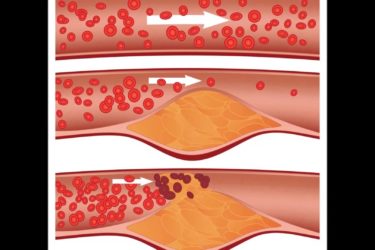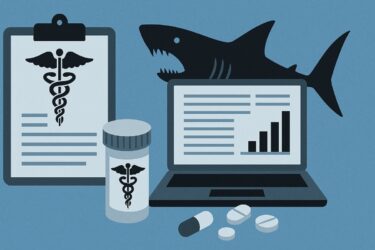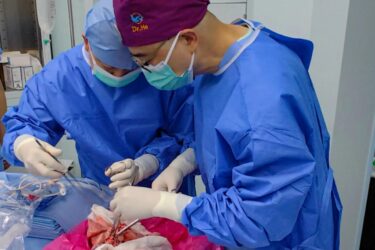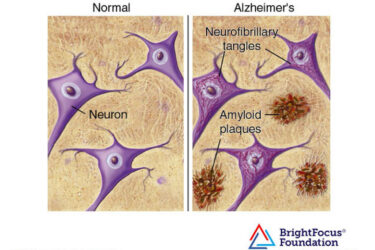
Is (Conversion) Therapy Speech?
The US Supreme Court recently heard a case that could have devastating effects on the standard of care in medicine, and the indicators of where the justices fall are not good. The case is Chiles v Salazar, in which a licensed therapist is arguing that a Colorado law banning conversion therapy for gay and trans clients violates her free speech. So the...

Nobel Prize in Medicine: Peripheral Immune Tolerance
Each year I like to write a post about the Nobel Prize in Physiology or Medicine. While advocating for higher standards of science in medicine we tend to spend much of our time criticizing pseudoscience, so I like to balance that by occasionally just celebrating great medical science, and the Nobel Prize is a great opportunity. The 2025 award for physiology or...

The Cholesterol Wars Continue
As a first approximation it seems that the purpose of social media is to misrepresent medical information and to promote wellness gurus who basically have no idea what they are talking about. Part of the problem is that medical science is often complex, and the short attention-span format of social media often favors simple clean narratives. So “wellness influencers” dominate while genuine...

Stem Cell Stroke Therapy
We have written quite a bit about fraudulent stem cell clinics. They have followed a typical pattern of overhyping new potential therapies, with some clinics going as far as selling fake stem cell treatments. Stem cells were a likely target – they sound extremely advanced, their potential is easy to understand, and you can use them to justify extreme claims of healing....

Tylenol and Autism
Earlier this year, HHS secretary RFK Jr. predicted that, “By September, we will know what has caused the autism epidemic and we’ll be able to eliminate those exposures.” Scientists have been researching autism for decades, including what factors are driving changes in diagnostic patterns. Promising such a major breakthrough in just six months is beyond ridiculous, and strongly implies that RFK Jr....

The Problem with Predatory Journals
The World Wide Web has proven to be a transformative communication technology (we are using it right now). At the same time there have been some rather negative unforeseen consequences. Significantly lowering the threshold for establishing a communications outlet has democratized content creation and allows users unprecedented access to information from around the world. But it has also lowered the threshold for...

First Pig Lung to Human Transplant
In the midst of all the controversy surrounding the science of healthcare, certain technologies continue to progress in the background, with the promise of transforming the practice of medicine. One of them is the development of genetically modified animals as a source for organ transplants. I most recently wrote about this earlier this year, specifically about an experiment to transplant a pig...

Health Narratives on Social Media
Engaging on social media about health issues can be daunting. I know this is not news, but it is important to understand what is happening phenomenologically. I also think it’s a microcosm of what’s happening to our society in general because of social media – we no longer have a shared fact-based reality as people increasingly live in different universes of information....

Lithium and Alzheimer’s Disease
This is an interesting story, which has been all over the news so worthy of covering here. Alzheimer’s disease (AD), the major cause of dementia in humans, is a very complex disease. We have been studying it for decades, revealing numerous clues as to what kicks it off, what causes it to progress, and how to potentially treat it. This has lead...



That Trump, RFK, Oz Presser
Yes, we have to talk about that press conference with Trump, RFK Jr and Dr. Oz., which some are characterizing as the absolutely worst firehose of medical misinformation coming from the White House in American history. I think that is fair. This was the presser we knew was coming, and many of us were dreading. It was worse than I anticipated. I wrote a...